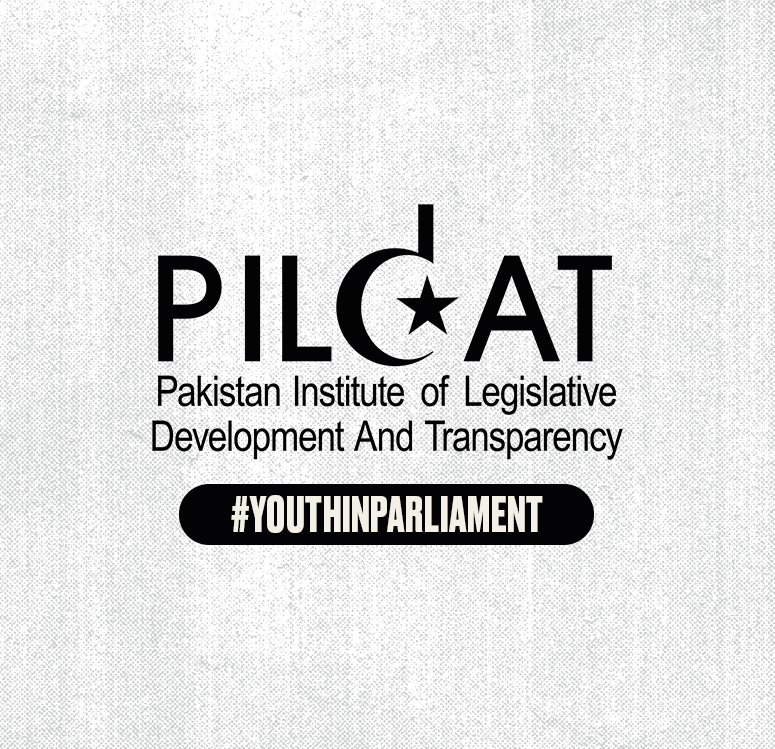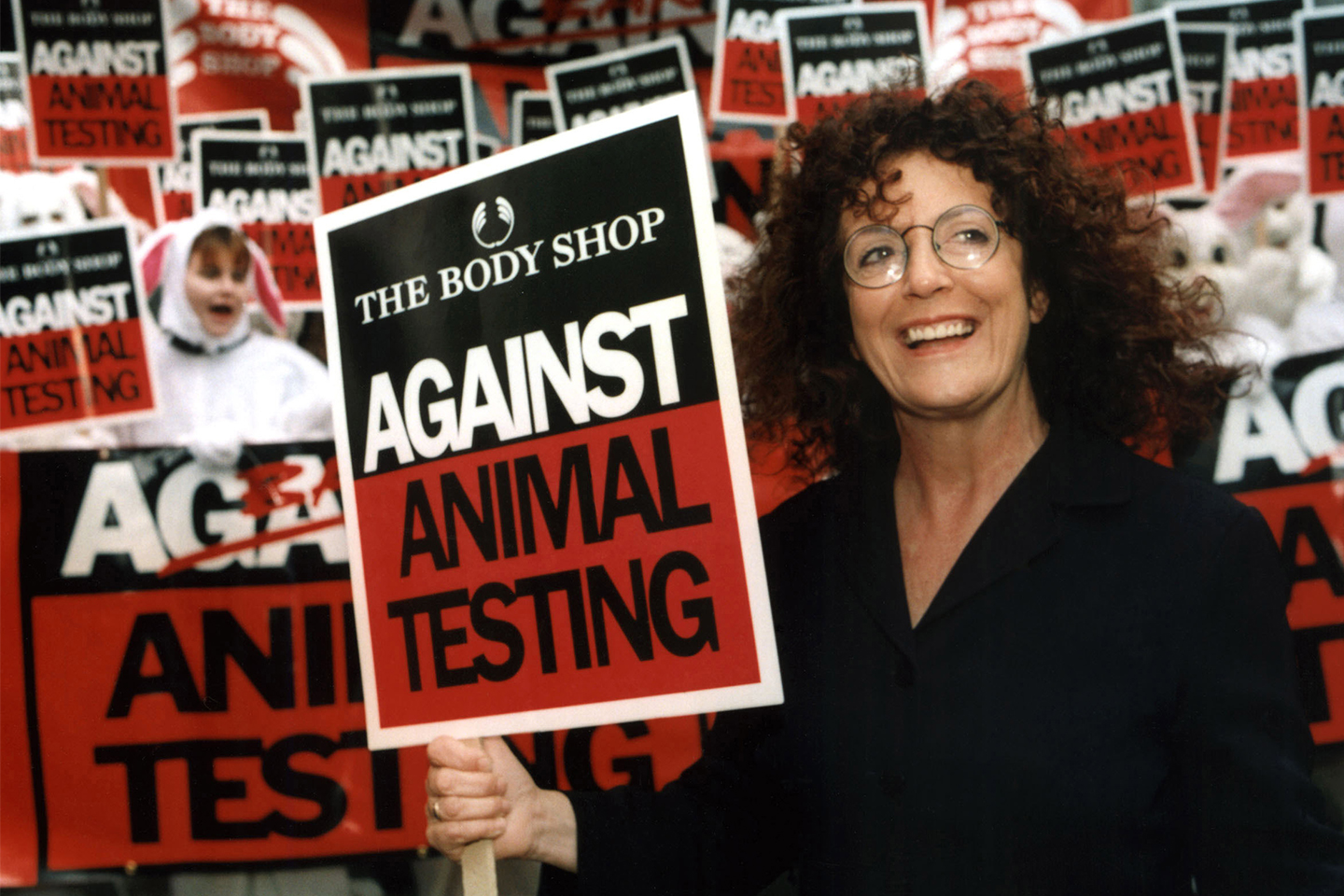0
Back
- Trending Trending
-
Face
Face
By product type
By skin type
- Body Body
-
Hair
Hair
By product type
By hair concern
Trending
- Make Up Make Up
-
Fragrance
Fragrance
By product type
By recipient
Trending
-
Gifts
Gifts
By Recipient
By product type
Trending
-
Range
Range
Range
- Almond
- Avocado
- Almond Milk
- Aloe
- Arber
- Blue Musk & Blue Musk Zest
- Black Musk
- Black Musk Night Bloom
- British Rose
- Camomile
- Choices Fragrances
- CBD
- Coconut
- Drops of Light™
- Ginger
- Glowing Cherry Blossom
- Edelweiss
- Hemp
- Jamaican Black Castor Oil
- Kistna
- Maca Root
- Moringa
- Oils Of Life™
- Olive
- Peppermint
- Roots of Strength™
- Satsuma
- Seaweed
- Shea
- Strawberry
- Tea Tree
- Vitamin C
- Vibrant Bergamot
- Vitamin E
- White Musk
- White Musk® Flora
- Wild Argan Oil
- Wild Jasmine
- Wellness
-
Loyalty Club
Loyalty Club
Love Your Body Club™
-
Tips & Advice
Tips & Advice
Skincare Articles
Bodycare Articles
Haircare Articles
Selfcare Article
Ingredient Benefits
-
About us
About us
Activism
About us





